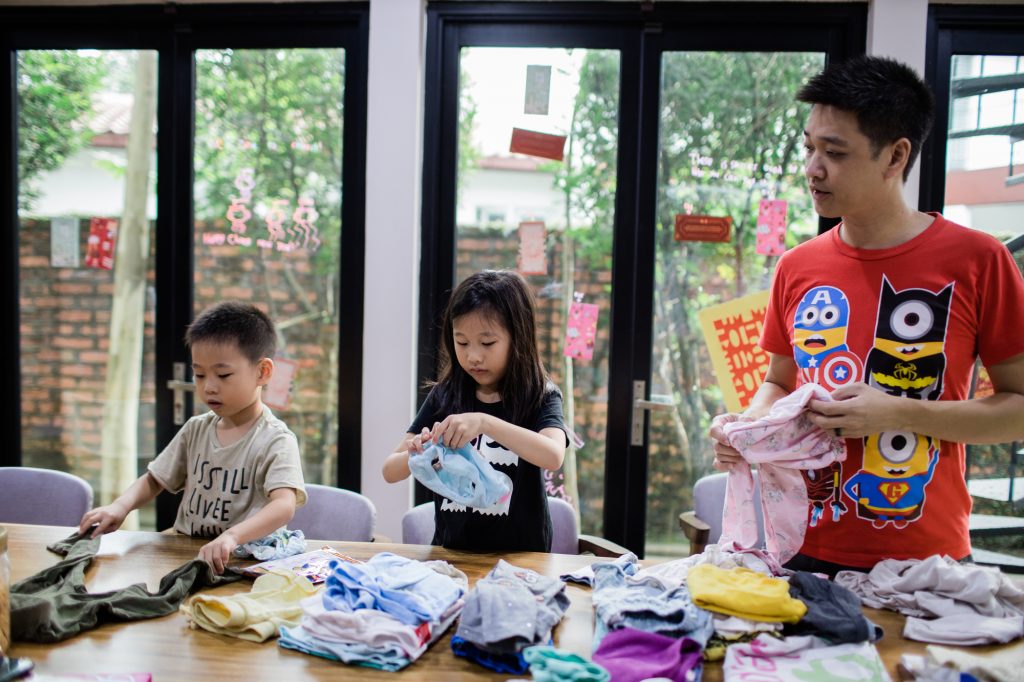Before we teach our children to look out for others in their community, they need to learn what it means to care for the people within their family. Building a kind, thoughtful and respectful family culture doesn’t happen overnight. We need to model it in our daily lives. The most practical way of teaching kindness would be to demonstrate it. If you have more than one child, you’ll definitely experience problems like sibling squabbles, complaints and outright physical fights.
The perfect training ground for kindness.
So the real challenge is this – how can we be a family that loves each other and extends kindness beyond our four walls?
Here are some ways you can build a positive family culture.
- Create a family vision statement
This addresses a very important question – What kind of family do we want to be? It reflects the shared core values we have as a family and what we hope to build. I would recommend inviting your children to contribute to this, as there’ll be a greater sense of ownership and commitment if you use their ideas. We did this exercise after attending a parenting workshop and it has united us as a family. One of the core values that are important to us is generosity. Ever since the kids were young, we’ve encouraged them to donate their money and toys to others who cannot afford to have any. We extend the learning from generosity to respect, as we teach them not to include items that are broken or torn.

- Show respect to each other
Treat every individual in the family with respect, listening to their needs without judgement. This is especially important when your children are quarrelling over an issue, and you jump to conclusions before listening. Listening to both sides of the story demonstrates to our children that we care for their individual needs and have each of their best interests at heart. If our children can learn to see from a different person’s perspective, they will develop empathy. This culture of listening with empathy is important to cultivate at home so they can do the same when they see others facing challenges. - Give your children opportunity to help
If we do everything for our children, including cleaning up after their meals, packing up their school bags or sorting their toys, this does not teach them responsibility. We should empower our children to participate in household chores even though they may still be young and unable to do things ‘perfectly’. Appreciate every little thing they do by emphasizing how their actions has contributed to the family and soon, you’ll have joyful little helpers around the house. This teaches our children to look out for each other’s needs and to respond once they see it.

- Make reflection a family culture
Over meals or at bedtime, reflect on the day that passed and ask your children,
“What was the best part of your day?”
“How did you help your sibling today?”
“Did someone help you today?”
“What is a problem that we see, so we can pray?”
“Did anyone in the family do anything kind that deserves praise?”
Do remember to share your stories too. Sharing thoughts and experiences help our children see our values in action.
Let’s start small. Put the foundations in place, make character building a priority and soon, those kind actions will follow.




